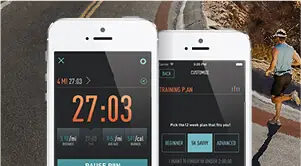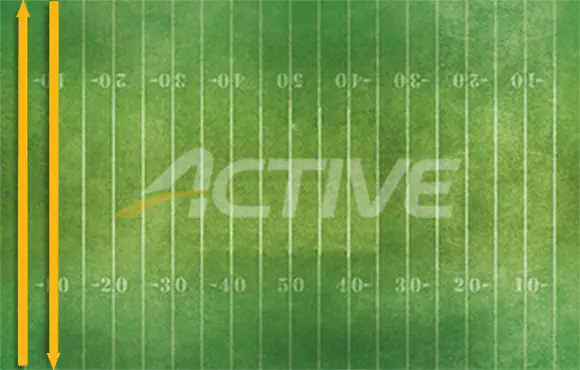
Training for a half marathon? Not sure if you're ready for the physical and mental grind of a 13.1-mile event? Unsure about the best way to make the most of the weeks leading up to race day?
Whether you're a seasoned 5K or 10K runner looking for a new challenge, or a newbie runner looking to cross "run a half marathon" off the your bucket list, here are three keys that will ensure you're ready for race-day success.
More: 13.1 Reasons to Run a Half Marathon
Key No.1: Master the Long Run
Being able to conquer distances of 10 miles or more doesn't just happen overnight. According to masters runner and Boulder, Colorado coach, Art Ives, runners should be able to run three consecutive miles before starting a half marathon training program.
But this doesn't mean if you aren't already running a 5K on the weekends that you can't begin half-marathon training. Runners can take their time working up to the distance.
The key is having a long-term view of your half-marathon training.
"By starting with just a mile or two at a time, and slowly increasing weekly mileage over several months by no more than 10 percent each week, runners can reach their goals," says Ives.
This will allow even beginning runners to take small steps toward meeting their distance goals. "Newbies can run half marathons, too," says Ives. "It just takes time."
Key No.2: Learn How to Pace Yourself
While a slow progression of mileage is key, a runner must also learn to pace appropriately and hydrate/fuel as needed to prevent injury. This is especially true during the more brutal long runs.
Ives believes that, in an ideal situation, a runner should be able to complete 16 miles at a time before taking on a half-marathon race, and know how to hydrate and fuel during that time. This can be a combination of running and walking, with an emphasis, obviously, on the run aspect.
More: 4 Hydration Tips for Runners
But he also maintains that this 16-mile benchmark isn't mandatory. "We always shoot for ideal," says Ives, but he knows that it isn't always possible to reach "ideal."
"Being able to run 12 to 16 miles at a time is a good indicator of success," says Ives. "You don't want to kill yourself on race day. You want to be fatigued, but still breathing."
Key No.3: Perfection Never Comes
According to Ives, being ready for a half marathon will be different for everyone. So it's best to not worry too much about being completely prepared.
"You'll never be 100 percent ready," says Ives, "because too many factors come into play."
These factors include having "one solid tempo run, one solid interval run, even a recovery run."
Ives recommends that runners create an ideal training program—one that builds steadily over the course of months. But understand that a lot of items must work together to determine success on race day. It's hard to predict exactly what is going to happen on race day.
"Incorporate steady mileage into your half marathon training program and master the features of the long run," says Ives. "Enjoy the process. Think of the health and fitness gains made and how your quality of life is improved."
This will make any hurdles encountered during training runs much more bearable, and will provide the greatest possible chance of crossing the finish line.
More: 3 Secrets to Half-Marathon Training
 Looking for something else? Search for a Half Marathon.
Looking for something else? Search for a Half Marathon.About the Author

Get ACTIVE on the Go


13.one Half Marathon
Get expert advice and guidance as you progress in your journey to becoming an avid runner.
Available for iOS






Discuss This Article